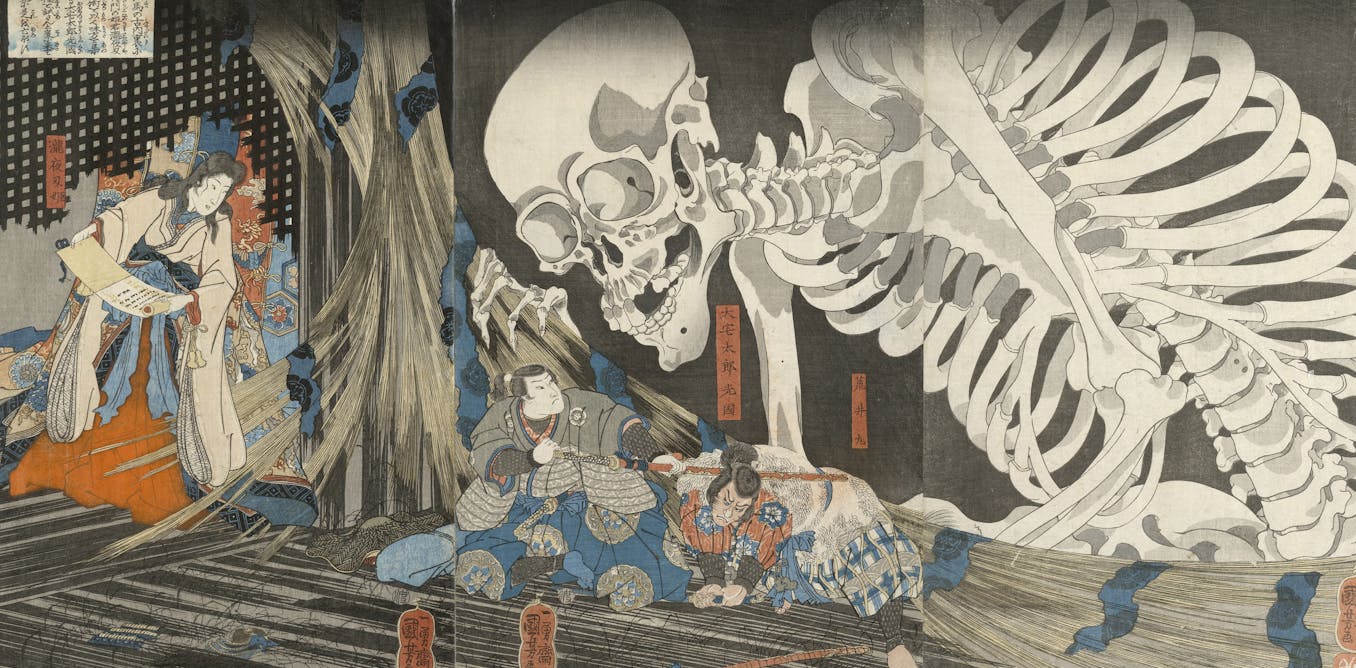That's a possibility.
Nope it's not the same. We name religions but we don't name spiritualism. Another way to look at is to remove the main figures of a religion and you'll end up with emptiness. Does Buddhism exist without Buddda? Would the teachings be the same? Most people who believe in Spiritualism have a personal story about. The evidence is an issue about belief. The evidence is "Here is what happened to me." If religion is a pie vey uniform, then spiritualism is like noodles, all over the place facing many different directions.
Some people get way out there when it comes to Spiritualism. Even to the point where space aliens are spirits and that we all sign a life contract as spirits to be born as humans because we are bord as spirits (true theory). I just want to bring positive things into this world and kick and punch a few people in the face along the way. lol
This is why I say sparring is so important. The concept of visualizing yourself as a tiger would make sense to someone who is applying the techniques.
If I told you that this is the intensity that you need to have when applying tiger techniques in a fight. Then now you have a good idea of the intensity level you need to use. Which is accurate for being in a fight.
If I said that this is the intensity level that you have for tiger techniques in a fight, then you'll probably think you will get your butt kicked that day.
A person who has either sparred or has been in fights will be able to associate more with the real tigers fighting. The person who least likely to understand the visualization is the one who doesn't show up for class. Of course seeing how tigers fight is a big plus. lol.
Psychology studies the "woo woo" part of it as well. Some think they are the same.





